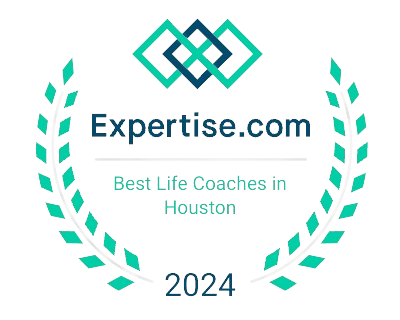[TRANSCRIPT]:
Paul
It’s the BOSI DNA assessment B-O-S-I. It was developed by Joe Abraham, who wrote Entrepreneurial DNA. I think 2011 it was published, and he’s very clear, also, that this is not who you are. It’s the entrepreneurial lens you’re looking through right now, and it can change and evolve throughout your life. It can change depending on your role, whether you’re an employee, or you own a company. So, it’s not something that’s set in stone. But it’s very simple.
It’s only 10 questions or 20 questions on the Advanced assessment and this is what I administer at Rice University’s MBA program in their entrepreneurship classes. In all three MBA programs and so basically, there’s a breakdown of four main types of entrepreneurs.
Breaking Down the BOSI Assessment
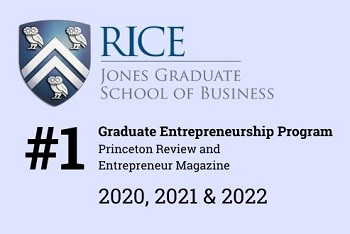
Rice’s Top-ranked MBA Entrepreneurship Program uses the BOSI DNA Assessment for its students.
So, one is the builder, and the builder is about 10% of all entrepreneurs, and the builder thinks and infrastructure, they’re very good at scaling things. Everybody wants to be the builder. But not everybody has that DNA. But their Achille’s heel is other people. So, they tend to be narcissistic and so when you have a self-aware builder, it’s really an amazing organization.
But if you read all the Harvard Business Review, they talk about the big CEOs of big companies, they tend to be jerks, and they have kids that don’t talk to them and they’ve been married several times, and they can’t keep employees, right?
So, that’s builder, then you have opportunists, and the opportunist is you always want opportunist DNA in your salespeople. You don’t the more opportunists DNA you have the shorter the relationship of that sale so somebody’s door to door will be super hardcore. Oh, and that will be somebody who the sky is always blue, they get the door slammed in their face, they just keep going, it doesn’t bother them, super optimistic, but their Achilles’ heel is: squirrel! They’re all over the place, right?
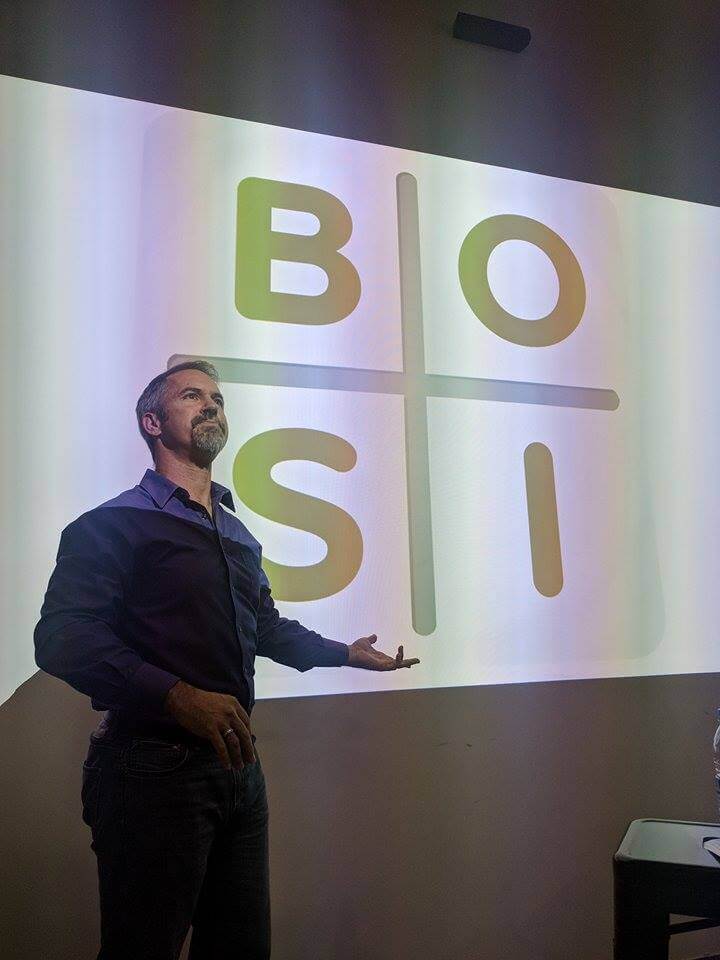
The BOSI represents the 4 Entrepreneurial DNAs: Builder, Opportunist, Specialist and Innovator
They have, you might know somebody who has a sales job. They’re also licensed in real estate; they’re doing some multi-level marketing thing. That if they just got all those horses moving in one direction, they would probably do really well, but because they’re so scattered, that they might not be getting traction, right? Then you have the specialist.
Specialist & Innovator – Lower Quadrant
The specialist is the complete opposite of the opportunists that loves risk. They’re risk averse, people who have letters after their name, they’ve been in the same industry their whole life think of your stereotypical accountants that if they’re very good at service, it’s light for them. It’s something that brings them energy to serve people, but their main driver is reputation. Their Achilles’ heel is they don’t ever want to look salesy.
So, if they own a company, they want it to be all referral based. But if you don’t have a big enough base of clients, you can’t have a referral-based business and so they don’t want to look like a used car salesperson.
So, that’s their hardest thing is how did they build their business and not be salesy, right and then there’s the innovator and the innovator, their best place to be is tinkering and creating, whether they’re a writer or a chef or an inventor, that’s their thing. They’re mission driven.
They’re all about how they want to change the world and their Achilles heel is really a lot of just about anything related to business, because they’re so caught up in the mission, they don’t see the other stuff, and they’ll hire a friend and family, because they’re on board with the mission and not necessarily the best people that are going to help accomplish the mission. So, they make a lot of business mistakes, because their mission driven and not thinking of the mechanics of the business itself.
Entrepreneurial Assessment Insights
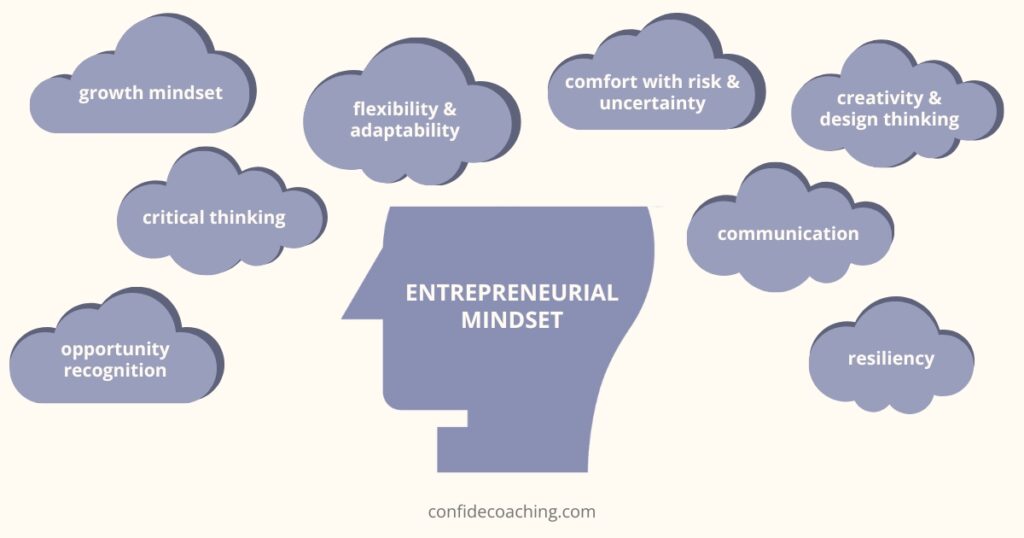
Kristen
Whew, I had never heard about this assessment and the cool thing is that it yes, it’s called the BOSI DNA for entrepreneurs. But I believe it I know you do to call it anyone can be an entrepreneur, if this isn’t enough.
We’re entrepreneurial in the way that we do our work and the way that we live our lives. So for me, my number one was builder and my number two was opportunist. Then we had everyone on the team take the assessment, and I remember reading what you said about the builder that the Achilles heel is people. You get so focused on the infrastructure growing the business, scaling the business, that you sometimes leave people in the dust.
The BOSI Helps Self- Awareness
Paul
They all work so slow!
Kristen
So, I would like to think that I am on this more self-aware builder side, though I’m also well I’m also very aware that I wasn’t always so. And one of the things that we did in our work together, I remember reading the Boston book and there was a prompt have an idea of sending a survey to people who are in your life and asking them how they would describe the relationship with you send it to the team, send it to some friends and to Spiros my parents, my sister, and it really made me aware of some blind spots.
One of the things I recognized is I expect people to keep my pace–it was a very eye opening, I need to really think about this. So, that assessment just made me more intentional about as I’m building a company, I have to be very mindful of how I show up as a human. Because my brain I’m naturally wired to just be, “we can go here, can you guys see it?” And everyone’s like, “What?!?”
How This Assessment Can Help You Find the Right People
Paul

Hiring people that think differently than you is the key principle for success in entrepreneurship.
Yeah, and in business, it’s really about partnering and hiring people who don’t think like us, and you want you want all parts of that BOSI quadrant to be filled right? You’re going to need people that are doers and they get stuff done, so you need the specialists. You need to constantly innovate so you need some of those creative thinkers on your team too. So that you can pivot and have some out of the box ideas that might really put the business on track, and if you don’t have somebody selling things or can promote what you’re doing–you need that opportunist.
The traditional thing I’ve done this in a lot of big companies–probably the biggest thing that I see in companies all the time is the sales team and the operations. And it’s like yeah (knocking tops of knuckles together) the operations says “I can’t believe you promise that! We’re the ones that actually have to do it!” And then of course the sales team is going “hey, can you guys get it together? You need to deliver this — I’m the one in front of the client here, and this needs to be done. Otherwise I look like a jerk!” So when these two sides can understand each other, when operation and sales can understand each other that’s huge. To have empathy and understand that “I can’t do that,” and the other one goes “I can’t do that,” and you really build a much better interaction.
Kristen
We had our whole team take a look at Amanda’s put everyone’s results in here. I would encourage you take the BOSI Assessment. Search. You can find it — Rachel put the link in the chat and there’s a book that goes along with it. If you’re on a team, have everyone on your team do it. Huge!
p.s. – How entrepreneurial is your organization? Is the BOSI DNA Assessment the right tool for you and your team to gain useful insights? Find out – book a free call with me and we’ll see if it’s a fit!
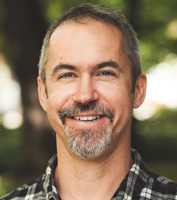
Paul Strobl, MBA, CPC
Owner of Confide Coaching, LLC
Paul is a Master Life Coach for GenX and GenY executives and business owners. Originally from Houston, Texas, he has been location independent for most of his adult life. He currently resides in the Rhodope Mountains of Bulgaria near the Greek border with his brilliant wife, 14-year-old stepson (officially adopted in 2021!) and a Posavac Hound rescue.

